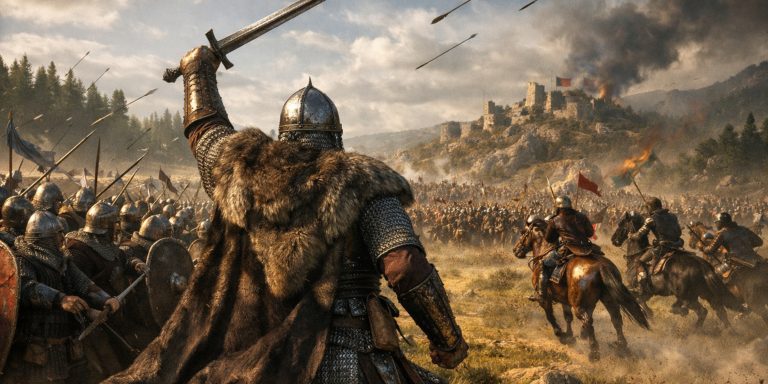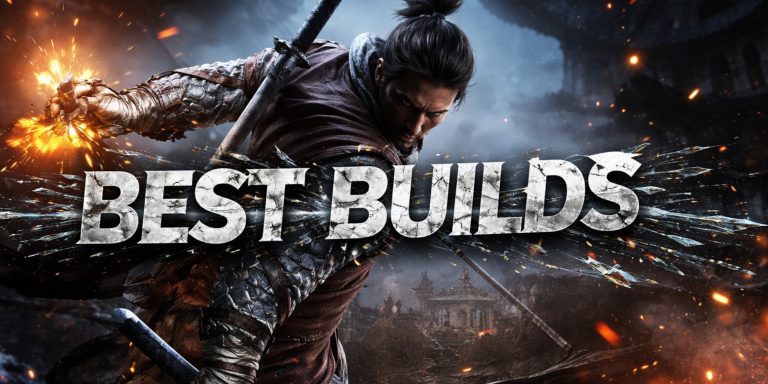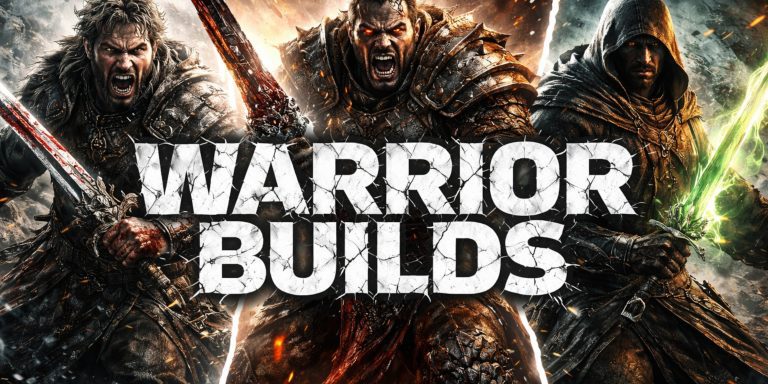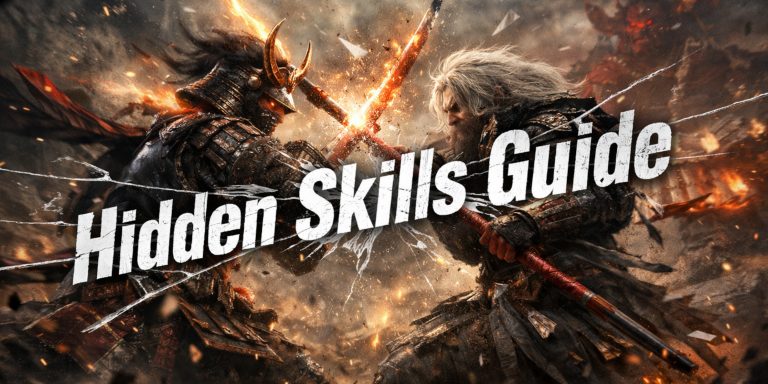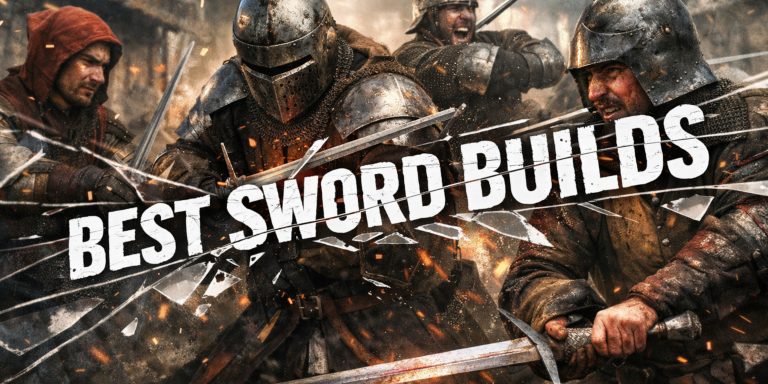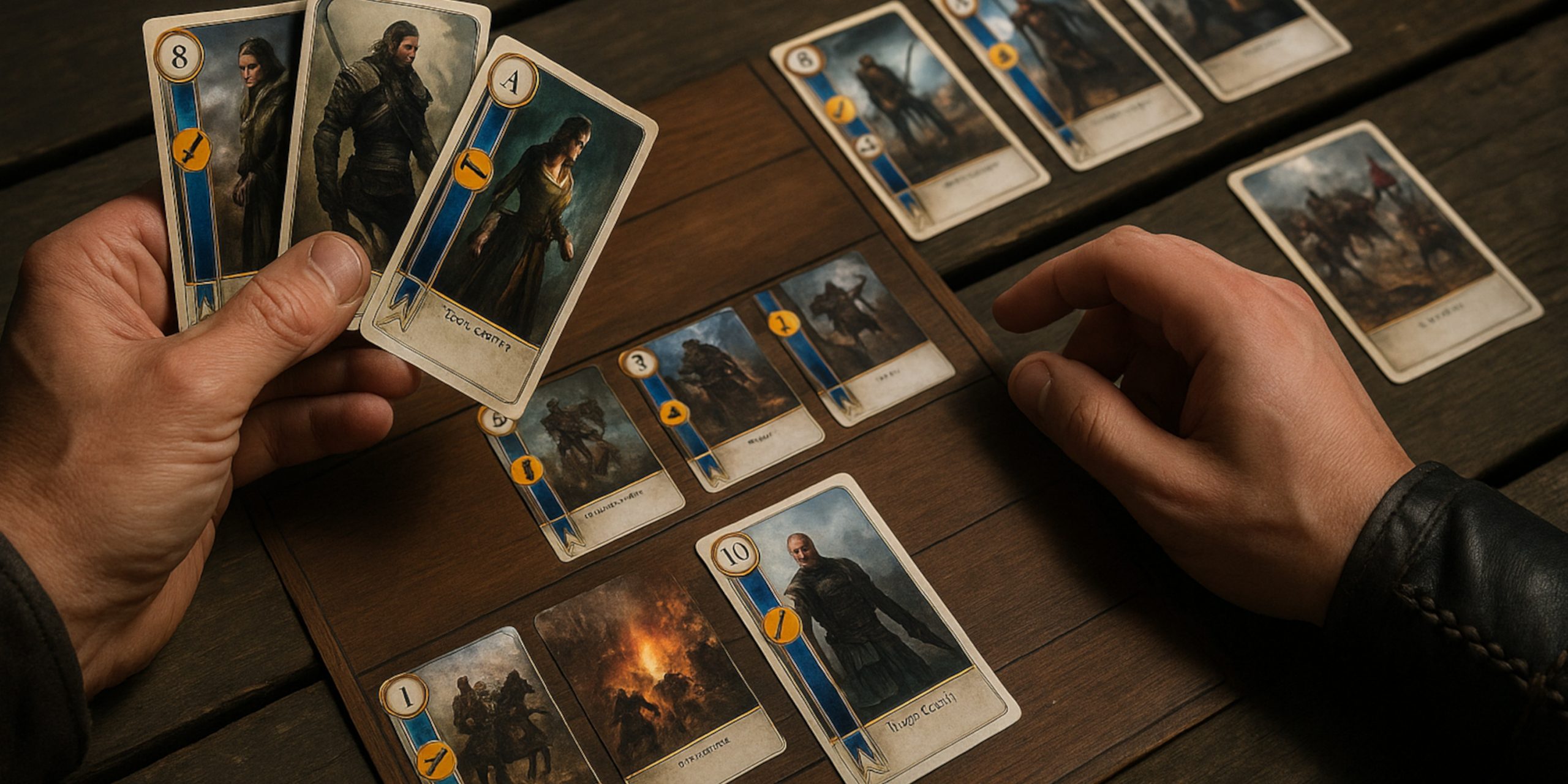
Gwent isn’t just a mini-game in The Witcher 3. It’s a fully-fledged collectible card game with its own logic, tempo, and tactical layers. From inns in Velen to the palace in Vizima, it offers both serious rewards and some of the most competitive encounters in the game. If you’re tired of losing to the Bloody Baron or stumbling in tournaments, this guide breaks down how to win every Gwent match, regardless of your opponent.
Understand the Core Rule: Win Two Out of Three Rounds
The golden rule of Gwent is that you don’t have to win every round. You just need to win two. This allows you to bait your opponent into overcommitting early, conserve your best cards, and strike at the right moment. Proper card economy often outweighs brute strength.
Know the Factions and Playstyles
Each faction has a distinct style. Learning how to play with and against them is essential.
| Faction | Key Strengths | Weaknesses |
|---|---|---|
| Northern Realms | Draw a card after each round won. Great card economy. | Slower build-up. |
| Nilfgaard | Spying and deck control. Strong in round one. | Can run out of steam late. |
| Scoia’tael | Ambush tactics and agile units. Flexible play. | Requires precise synergy. |
| Monsters | Unit retention across rounds. Overwhelming strength. | Less control, more brute force. |
| Skellige (DLC) | Resilience and graveyard synergy. | Needs careful setup. |
Build a Competitive Deck
A winning deck balances strength, draw potential, and control.
Must-have card types:
- Spy Cards: Play them on the opponent’s side to draw 2 cards. Essential in Northern Realms and Nilfgaard decks.
- Decoys: Retrieve Spies or heroes back into your hand to replay them.
- Weather Cards: Use Biting Frost, Torrential Rain, and Impenetrable Fog to weaken opponent-heavy rows.
- Clear Weather: Always keep one. Can be a game-saver if multiple rows are affected.
Best neutral cards:
- Yennefer of Vengerberg
- Geralt of Rivia
- Cirilla (Ciri)
- Dandelion
- Villentretenmerth (board clear when used correctly)
- Scorch (destroys the strongest unit(s) on the board if not hero cards)
Strategic Tips for Each Phase
Round 1: Bait and Build
- Play Spy cards first if you have them.
- Let the opponent overextend. If they’re burning powerful cards, pass early.
- Don’t waste hero cards here unless you’re sure of a win.
Round 2: Regain Control
- If you lost round one, you likely have a card advantage.
- Push only if you can control the board or force the opponent to expend cards.
Round 3: Final Blow
- This is where your heroes, weather control, and card advantage pay off.
- Use Scorch carefully, avoiding your own high-value cards unless immune.
Tournament-Specific Advice
In quests like A Matter of Life and Death or High Stakes, opponents will use finely tuned decks and make fewer mistakes. Always go in with a deck stacked with:
- Two or more Spy cards
- One or two Decoys
- Full complement of Hero cards
- Two Weather cards and one Clear Weather
- Resurrects (like Medic cards in Northern Realms)
How to Get the Best Cards Early
Many Gwent matches become easier once you’ve collected top-tier cards. Some of the most crucial cards can be picked up early if you know where to look.
Key early card locations:
- Zoltan Chivay: Found in the inn at White Orchard
- Olivier: Innkeeper at the Kingfisher Inn in Novigrad
- Vimme Vivaldi: Novigrad banker and Gwent player
- Bloody Baron: Key early opponent who drops a powerful card
Don’t forget to complete the Gwent: Playing Innkeeps, Gwent: Big City Players, and Gwent: Old Pals quests. These guide you through the most important NPC matches and card acquisitions.
Tips for Beating Difficult Opponents
Bloody Baron: Overcomes beginners with raw Northern Realms power. Use Spies to gain a card advantage, weather cards to neutralise rows.
Madman Lugos (Skellige DLC): Often uses heavy-hitters. Scorch is your friend.
Emhyr var Emreis (High Stakes): Top-tier Nilfgaard deck. Only go in if you have at least 3 Spy cards, all Hero cards, and confidence in card timing.
The Seven Swords Takeaway
Winning at Gwent is less about overwhelming force and more about card advantage, bluffing, and timing. Once you learn to manipulate rounds, manage your hand, and predict what your opponent will do, most matches fall into place.
If you treat every opponent like a puzzle and resist wasting cards early, you’ll find yourself undefeated across the continent.
Watch the guide:

